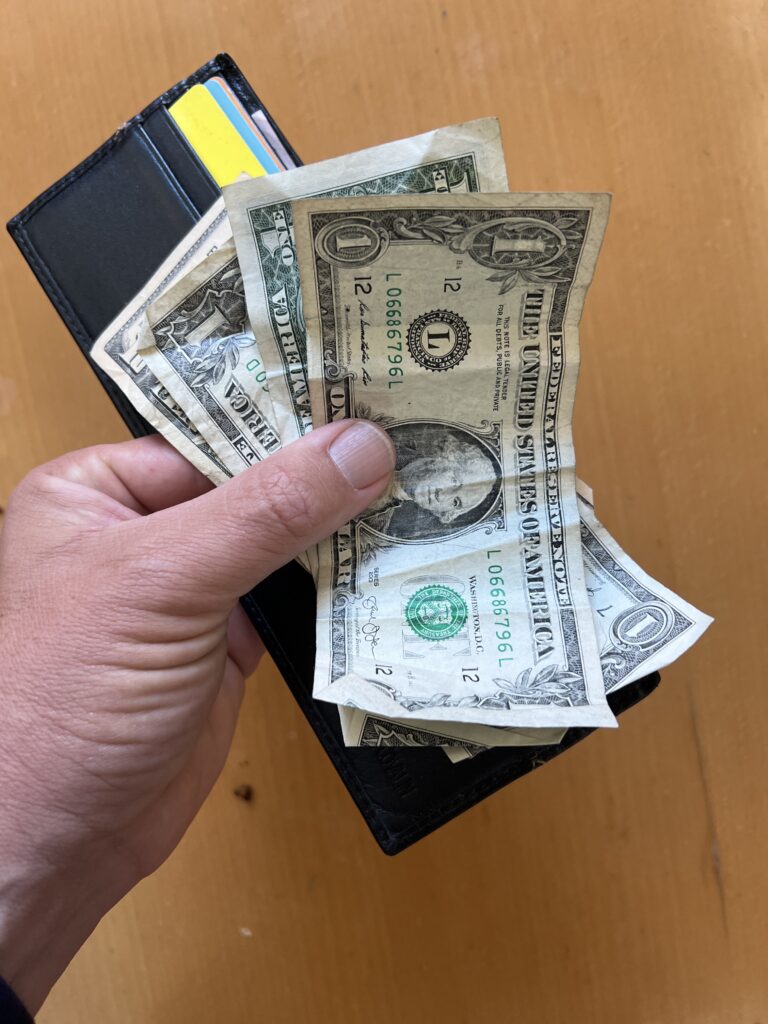
The threat of a recession for the US economy in 2023 remains latent despite inflation having fallen in the first weeks of this new year.
Job losses, budget cuts and rising prices are some of the concerns that thousands of Americans have in anticipation of an economic recession.
George Fenton, Senior Political Analyst on the Federal Fiscal Policy team, said at a press conference organized by Ethnic Media Services In this meeting, experts met to discuss economic forecasts for 2023, saying that "it is not really known whether there will be a recession," but that if there is, it could be short and deep.
"There is a lot of uncertainty, we are emerging from a historic crisis," he said.
Fenton also noted that there is a 50 percent chance of an economic recession this year, in contrast to Bloomberg's 7 in 10 chance.
Rakeen Mabud, managing director of Policy and Research at Groundwork Collaborative, pointed out that the government has raised interest rates seven times in the past year and that they are likely to rise further.
He also said the Federal Reserve is pushing the country into an economic recession it does not need, causing job losses and severe economic problems.
"The medicine – for the economy – has not yet reached the system and we are likely to see a real economic recession and rising unemployment rates."
In this regard, Mabud pointed out that it is not only important to have a low unemployment rate but also to have quality jobs with medical leave and days off, since having a low unemployment rate does not ensure the economic well-being of families.
The specialist added that today's inflation is being caused because the system is not equipped to meet the population's demand for goods and services in times of crisis, while noting that Congress should approve a federal law against unjustified price increases, since it has been observed that businessmen and producers have increased their prices beyond what their production costs can justify.
Wendy Edelberg, director of The Hamilton Project, noted that actions regarding the corporate tax system—which, according to President Joseph Biden's proposal, would impose a tax on the profits of oil and gas companies—will put the country in a better economic position, although this would be in the long term.
"Fixing the corporate tax system is not necessarily going to solve the problems we face in our economy today. It's not going to solve the urgent problems at hand. It's going to put us on a much better path in the long run," he said.
Edelberg warned that the economy must slow down or something “miraculous” must happen, but this is unlikely because, in his words, “we are spending money as if there had been no pandemic,” and labor force participation is very low, with at least two million fewer workers in the country than expected.
In this regard, Mabud pointed out that from his point of view, "the reason we have higher inflation today is not because people have too much money in their pockets or because they are spending excessively but because we have a system built by and for large corporations that has completely failed to meet the needs of people in a time of crisis," for which reason, he pointed out the need for the Federal Reserve to recognize the importance of workers beyond the war on prices.
You may be interested in: Experts call on Congress to guarantee equal access to education in the US.

